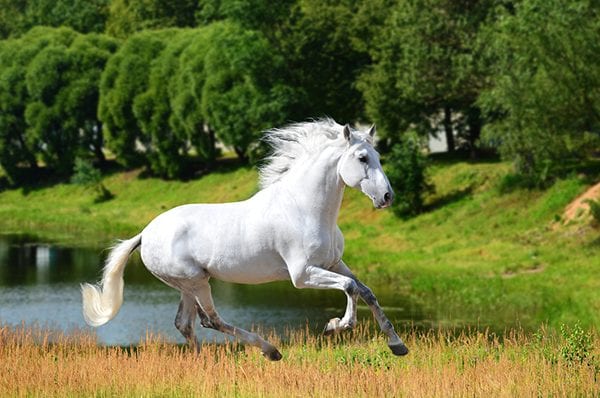Andalusian Nights on horseback
Andalusian Nights on horseback
Andalusian Nights on horseback
-
Hannah
-
Hannah

My new trilogy, spanning Indiscretion, Masquerade and the forthcoming Legacy, is set in Andalusia, Spain. Wherever I set my stories, it is important to me that I convey a sense of the history, culture and personality of a place, and for Andalusia, that meant horses simply had to feature!
Have you heard of the Andalusian horse breed (also known as the Pure Spanish Horse or PRE for Pura Raza Española)? It has been bred on the Iberian Peninsula for thousands of years, and has long been prized as a beautiful, noble and sensitive horse – the horse of kings through history.
In Indiscretion, Alexandra has come to Andalusia to get to know her estranged family on her father’s side, the de Fallas. They are a well-respected, influential and wealthy family in the area due to their business activities, of which a central one is rearing Andalusian horses. Salvador explains:
‘Indeed, and for centuries this town has been the centre for breeding the cartujano… It’s descended from the Arab horse and was developed by the monks of Chartres. In the sixteenth century, the royal stables at Frederiksborg, in Denmark, were founded using our Spanish horse. Later, some specimens were exported to Austria, and from these were derived the famous Lipizzaners of the Spanish Riding School in Vienna.’
The Carthusian is widely considered to be the very purest strain of Andalusian, but as Salvador explains, it is not entirely pure:
‘Look at our cartujanos. Over the centuries, their bloodline lost its purity and was injected with new strains that have made it stronger. Today, not only does the blood of their Moorish ancestors run in them, but also that of the Nubian horse, which the Romans used in their chariot races.’
This injection of new strains is essential, he explains: ‘A pure-bred horse, just like a human born of a dynasty founded on intermarriage, has a tendency to become degenerate.’
De Falla-bred horses are much coveted, but the family do not stop at horse rearing; Salvadorhas set up the Cervantes de Rueda Riding School. There they train horses for the cavalry, the show ring and competitions, and also, in small numbers, for the arena, where they have to face the bull. (Alexandra is horrified by this fact, but Salvador replies that it is a very honourable death.)
As Salvador puts it, ‘It’s the one thing the de Fallas are expert at… They know about horses.’ Certainly, Salvador has a way with horses. But that does not entirely protect him from the potential dangers of working with untrained horses – earlier in his life he fell and was trampled, which led to his darkest days and a mistake which still haunts him.
Move forward in time to the next generation, Salvador and Alexandra’s daughter Luz, and it is no surprise to find that she is a keen and able rider. But Luz’s spirit is more bohemian. She loves to ride along the beach, tracing the path of the lapping waves with the wind on her face. She is not alone: others also race with wild abandon along the beach at Cadiz. The gypsies.
When Luz is thrown from her horse, it is a gypsy, Leandro, who comes to her aid. And in doing so, he draws her into the impassioned world of the sea gypsies. They are in the business of trading horses, and their horse fair proves to be a colourful gathering. Luz is told:
‘Don’t you know that gypsies have a special relationship with horses? We talk to them and they listen.’
The horses symbolise the spirit of the gypsies, and it is easy to see why Luz is so attracted to Leandro in that sense. But can a wild heart ever be truly tamed?
Take the artist Eduardo, for example, whose biography Luz has been commissioned to write. A frequently occurring motif in his art is the horse, such as in The Lady of the Forest, in which a woman rides through the woods, her head facing the wrong way on her shoulders. This reflects a tragedy in his past: he witnessed his mother fall from a horse that trampled her to death.
Just as a horse can turn, my symbolism whispers, so too can the gypsies Luz encounters. An undercurrent of danger exists in this world. Can Luz – of the well-bred de Fallas – ever think to be a part of the at once alluring and alien gypsy culture? Or should she turn her horse around and guide her horse Zeynafar, far away?

I think you must have a personal affinity for horses. Echoes of Love has horses although not to the extent of the Andalusian trilogy.
My daughter owns a horse. I haven’t been on one since I rented one on Rosarita Beach in Mexico in 1963. The horse would even run in the surf.
I do love horses – and especially to ride in the surf; what a feeling! Thank you for taking the time to comment.